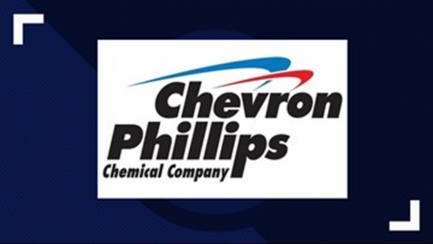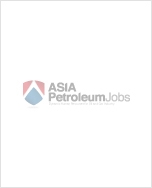|
The U.S. Gulf Coast II Petrochemical Project will include a 2,000 kilotons per year (KTA) ethylene cracker and two 1,000 KTA polyethylene units.
|

|
|---|---|
|
Chevron Phillips Chemical and Qatar Petroleum signed an agreement on Tuesday to develop an $8 billion petrochemical plant along the U.S. Gulf Coast, the second pact between the companies to build such plants in the last few weeks. The U.S. Gulf Coast II Petrochemical Project will include a 2,000 kilotons per year (KTA) ethylene cracker and two 1,000 KTA polyethylene units. The plant will mostly make hard plastics for everything from pill bottles to coolers to kayaks. Chevron Phillips Chemical, a joint venture of Chevron and Phillips 66, will be the majority owner with a 51 percent share, with Qatar Petroleum owning 49 percent of the project. The companies expect a final investment decision no later than 2021 for the project, which has a target of starting in 2024. Mark Lashier, chief executive and president of Chevron Phillips Chemical, said the plants would help fill demand for plastics from an expanding global middle class, which is expected to grow by about 160 million people per year for at least the next decade. Last month the companies announced they would build a petrochemical plant north of Doha in Ras Laffan Industrial City that will come on line by 2025 and tap Qatar’s North Field for natural gas feedstock. Qatar, a tiny but wealthy country, is the world’s largest exporter of liquefied natural gas (LNG). Qatar is broadening its energy interests after Saudi Arabia, the United Arab Emirates, Bahrain and Egypt severed ties with it in 2017, in one of the worst diplomatic disputes in the region in years. The countries accused Doha of support for Islamist militants and Iran, charges it denies. In February, Qatar Petroleum and Exxon Mobil Corp said they are investing in a $10 billion project to expand an LNG export plant in Texas, as companies race to meet global demand for the fuel. The deal was signed at the White House in the presence of President Donald Trump and Qatar’s ruling emir, Sheikh Tamim bin Hamad al-Thani.
The two petrochemical plant deals spread the financial and trade risks for Chevron Phillips and Qatar Petroleum, Lashier said. By Reuters l Reporting by Timothy Gardner l Editing by Steve Orlofsky |
|
Home >> Career Resource >> FAQ
Chevron Phillips, Qatar Petroleum sign $8 billion petrochemical deal
Related Career Resource
By : Adminsitrator | June 17, 2014
By : Adminsitrator | June 17, 2014








